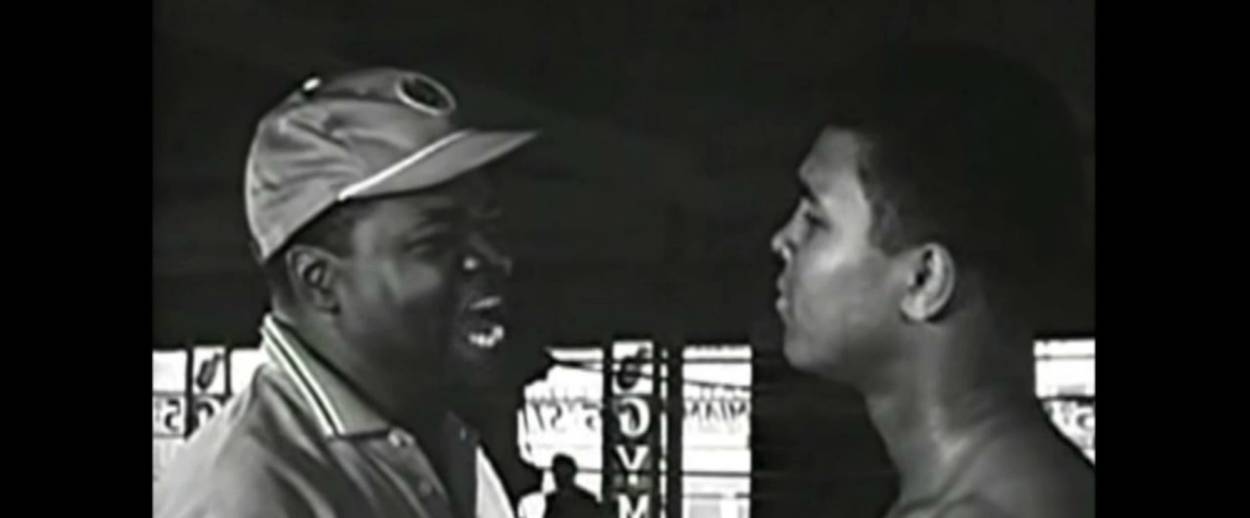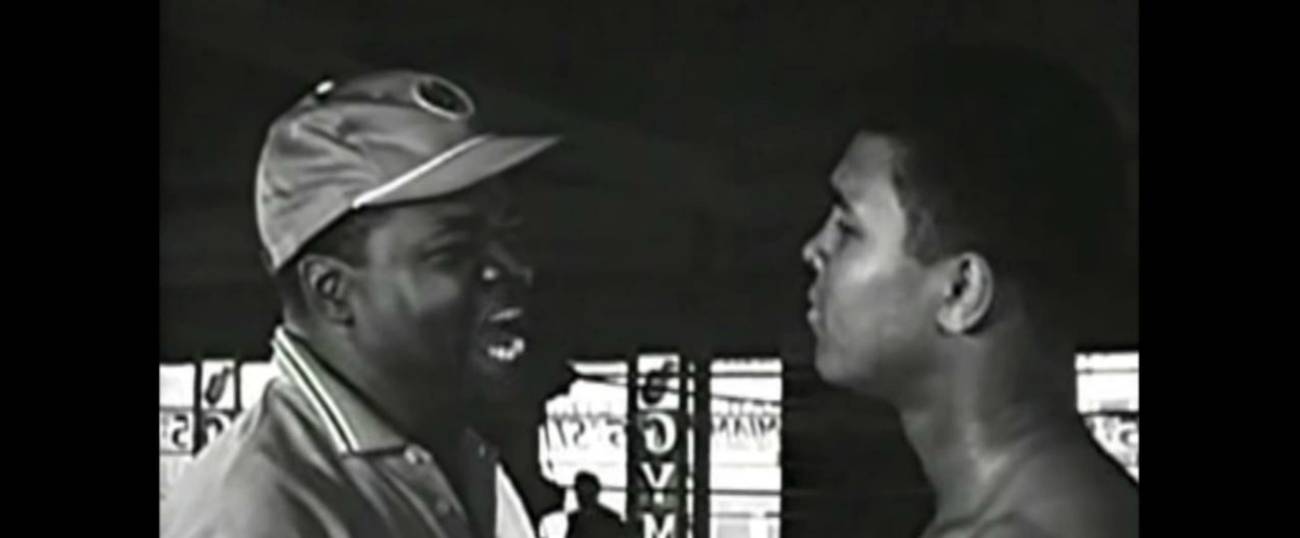Black Jews You Should Know, Part 1
They’re cool and all, but you won’t find Drake, Slash, or Rashida Jones on this list




Every year, generally around Hanukkah, my news feed gets inundated with article like “10 Black Celebrities You Didn’t Know Were Jewish (#7 Will Blow Your MIND!).” These curated masterpieces of investigative journalism typically run the classics: Sammy Davis Jr., Lenny Kravitz, Lisa Bonet, Boris Kodjoe, and Slash, as well as some newer crew that includes Drake, Shyne, Maya Rudolph, Rashida Jones, Tracee Ellis Ross, Kali Hawk, and Katerina Graham. (And, by the way, these articles would be more accurate if you entitled them “10 Black Celebrities WE Still Didn’t Know Were Jewish Even Though Everyone Else Got the Memo in, Like, 2001.”.
As worn-out as these ‘revelation” pieces are, I’m also not sure why they never seem pop up around, say, Jewish Heritage Month in May. Or, now, for instance, during Black History Month. So let’s shake that up a little bit.
For Black History Month 5776, I’ll be presenting you with seven black Jewish figures each week. We’re looking at the racial axis here, not the denominational one, so Jews who are either matrilineal/patrilineal count, as do conversions, be they of the Orthodox variety or not—it’s all game. So let the games begin.
Drew Bundini Brown
An occasional actor (Shaft (1971), Shaft’s Big Score! (1972), and The Color Purple (1985)), Brown was primarily Muhammad Ali’s assistant trainer and cornerman, eventually converting to Reform Judaism during the course of his marriage to his Russian Jewish wife Rhoda Palestine, with whom he’d have only one son, Drew Bundini Brown III. Brown died in 1987 from complications following a car accident. Ali visited him on his deathbed.
Alysa Stanton
A former psychotherapist who once worked as a grief counselor in Columbine after the 1999 high school massacre, Stanton converted to Judaism when she was 24, and on June 6, 2009, she was ordained as the first African-American female rabbi as the spiritual leader of Congregation Bayt Shalom in Greenville, NC. In 2011, the congregation declined to renew her contract, but Stanton remains optimistic of pursuing her ultimate goal of creating a healing retreat for professionals. “I want a place for them to become spiritually, emotionally and physically refreshed,” she has said.
Billy Simmons (also spelled “Simons”)
The first mention of a dark-skinned Jew in the United States was a “Malata Jue” in 1668 named Sollomon—the first Jew to live in New England, and perhaps the offspring of an African slave mother and white Jewish father. However, the more well-known “first” recorded Jew of African descent in the United States was Billy Simmons in the 1850s, a scholar in both Hebrew and Arabic. Born in Madagascar in 1780, and reportedly from a Jewish African tribe (a claim supported by two cantors and other authorities), he was purchased into slavery by white Jewish slave owners and brought to South Carolina, where he proceeded to become the first admitted black member to a white shul in Charleston. The constitution of the same shul—Kahal Kodesh Beth Elohim—(in)famously stated that it accepted any member “provided, he, she, or they are not people of color.”
Jackie Wilson
Raise your hand if you remember Ghostbusters II. Now raise your hand if you know what the name of the song was that got the Statue of Liberty moving. If you answered “(Your Love Keeps Lifting Me) Higher and Higher,” you’d be correct. While the version featured in the movie was a cover by Howard Huntsberry, the original was recorded by Jackie “Mr. Excitement” Wilson, one of the most dynamic performers of the 1950’s. A legend of R&B and rock ‘n’ roll history, he was extremely influential in transitioning R&B into Soul. Wilson converted to Judaism as an adult.
Mona Sutphen
The 2008 election of an African-American president was not the only milestone President Barack Obama helped bring about. Mona Sutphen, born to an African-American father and white Jewish mother, served as the White House Deputy Chief of Staff for Policy in the Obama Administration from 2009 to 2011, making her not only the first female African American to hold the position, but also the first Jewish African American of either sex to do so as well. She considers her greatest success her work in Sarajevo where she helped to implement the Dayton Peace Accords and release of hundreds of POW’s to their families.
Reuben Morris Greenberg
Born in Houston, Texas to a Russian Jewish father and an African-American mother, Greenberg converted to his father’s religion at the age of 26. Thirteen years later he became the first Black police chief of Charleston, South Carolina, a post he held until his retirement in 2005, nine years before his death. During his tenure as police chief, Charleston’s population increased by 64% while crime decreased 11%. His reforms to the police department—including requiring officers to have a bachelor’s degree as well as making them accessible to normal citizens via beat walks, bicycles, and horses, as opposed to patrol cars—transformed the department into a “national model…and a source of pride,” reported Charleston’s Post and Courier.
Zoë Kravitz
Though I’m somewhat tired of seeing Lenny Kravitz or Lisa Bonet showing up on these lists, it is in fact because of them that we have what I believe is the first second-generation Black Jewish celebrity. Dad Lenny Kravitz is paternally Jewish and mom Lisa Bonet is maternally Jewish, making Zoe one of the tribe any way you slice it. Most well-known for her role as Angel Salvadore in X-Men: First Class (2011), we’ve also seen her in Divergent (2014) and last year’s Mad Max: Fury Road.
Previous: The Rap on Jewish Rap
This article is part of a collaboration between Tablet and JN Magazine, a website “here to change the monochromatic monolithic perception of Judaism.”
MaNishtana is the pseudonym of Shais Rishon, an Orthodox African-American Jewish writer, speaker, rabbi, and author of Thoughts From A Unicorn. His latest book is Ariel Samson, Freelance Rabbi.